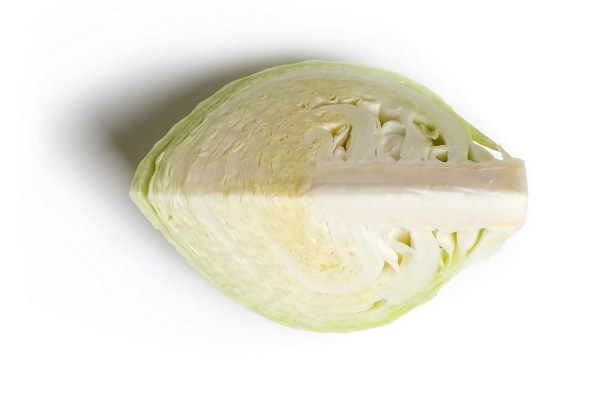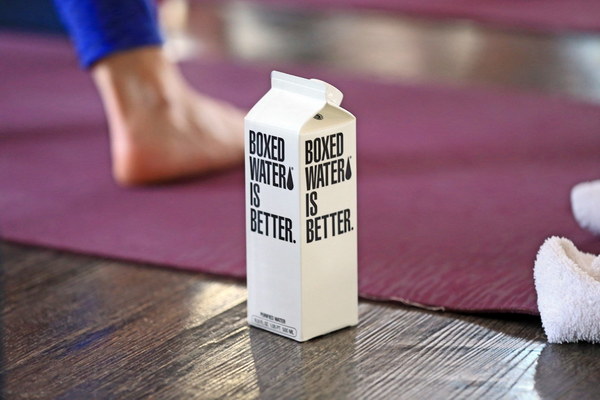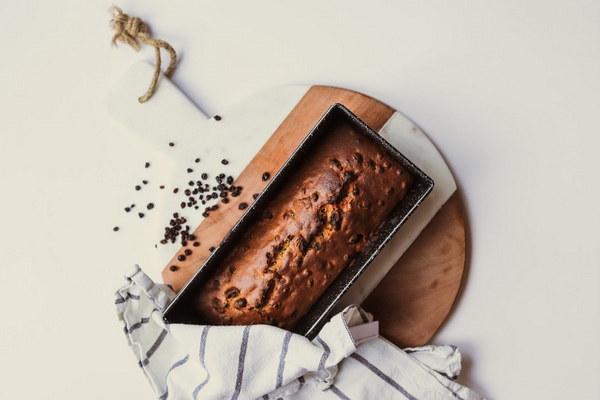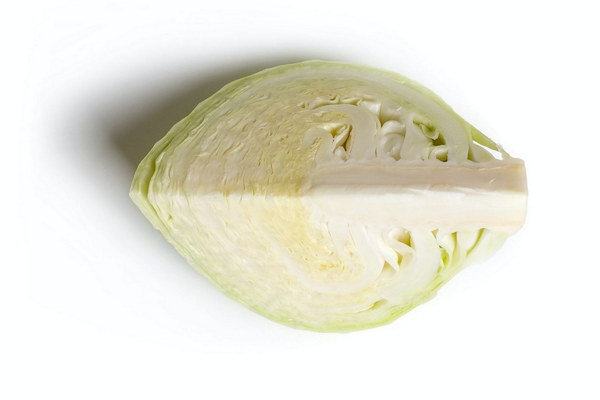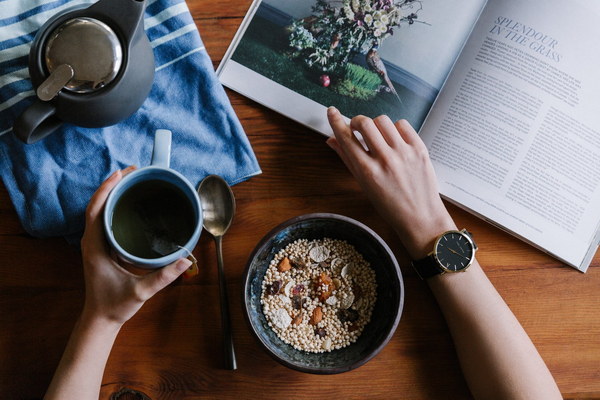Dealing with Heat from Moisture-Relieving Medication Tips and Remedies
Introduction:
When it comes to dealing with excess moisture in the body, many people turn to moisture-relieving medications. While these medications are effective in removing dampness and promoting health, they can sometimes lead to an unwanted side effect: heat. If you've found yourself experiencing heat after taking such medication, don't worry – you're not alone. In this article, we'll explore the causes of this heat, as well as various tips and remedies to help you find relief.
Causes of Heat after Taking Moisture-Relieving Medication:
1. Increased body temperature: Moisture-relieving medications often work by promoting diuresis, which can lead to an increase in body temperature. This increase in heat is due to the rapid loss of fluids and electrolytes, which can cause the body to overheat.
2. Stagnation of phlegm in the body: Some moisture-relieving medications can lead to the stagnation of phlegm in the body, which can result in heat and discomfort.
3. Overuse or misuse of the medication: Taking too much moisture-relieving medication or using it for an extended period of time can increase the risk of heat as a side effect.
Tips for Dealing with Heat after Taking Moisture-Relieving Medication:
1. Stay hydrated: Ensure you're drinking plenty of water throughout the day. This will help replenish the fluids and electrolytes lost during diuresis and prevent overheating.
2. Avoid spicy and warm foods: Spicy and warm foods can exacerbate the heat in your body. Opt for cool, light meals that are easy on your digestive system.
3. Wear light, breathable clothing: Choose loose, breathable fabrics like cotton to help your body regulate temperature better.
4. Take cool showers: A cool shower can help lower your body temperature and provide immediate relief from heat.
5. Rest and relax: Give your body the chance to recover by resting and avoiding strenuous activities.

Remedies for Heat after Taking Moisture-Relieving Medication:
1. Herbal teas: Certain herbal teas, such as mint, chamomile, or ginger, can help soothe your body and lower your temperature.
2. Acupuncture: Acupuncture can help balance your body's energy and reduce heat. Consult a qualified practitioner for treatment.
3. Aromatherapy: Using essential oils like peppermint, lavender, or eucalyptus can help cool down your body and reduce heat.
4. Home remedies: Mix a tablespoon of rock salt in a bucket of water and soak your feet for 15-20 minutes. This can help cool your body and alleviate heat.
Conclusion:
Experiencing heat after taking moisture-relieving medication is not uncommon, but it's important to address the issue promptly to ensure your comfort and well-being. By staying hydrated, avoiding spicy foods, and incorporating natural remedies, you can effectively manage the heat and continue to reap the benefits of moisture-relieving medication. Remember to consult with your healthcare provider if you have any concerns or if the heat persists.


